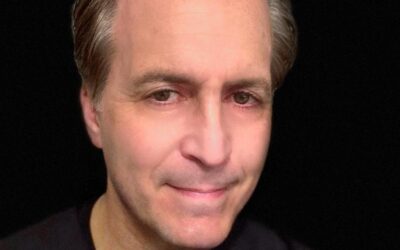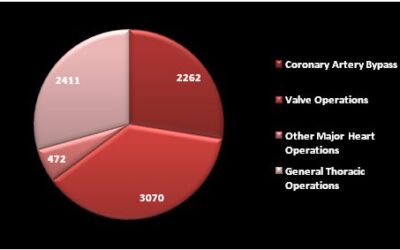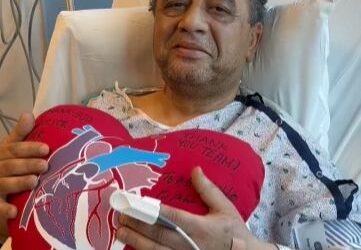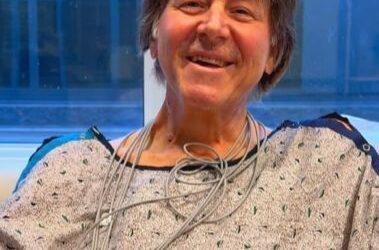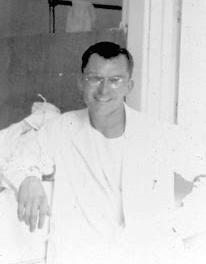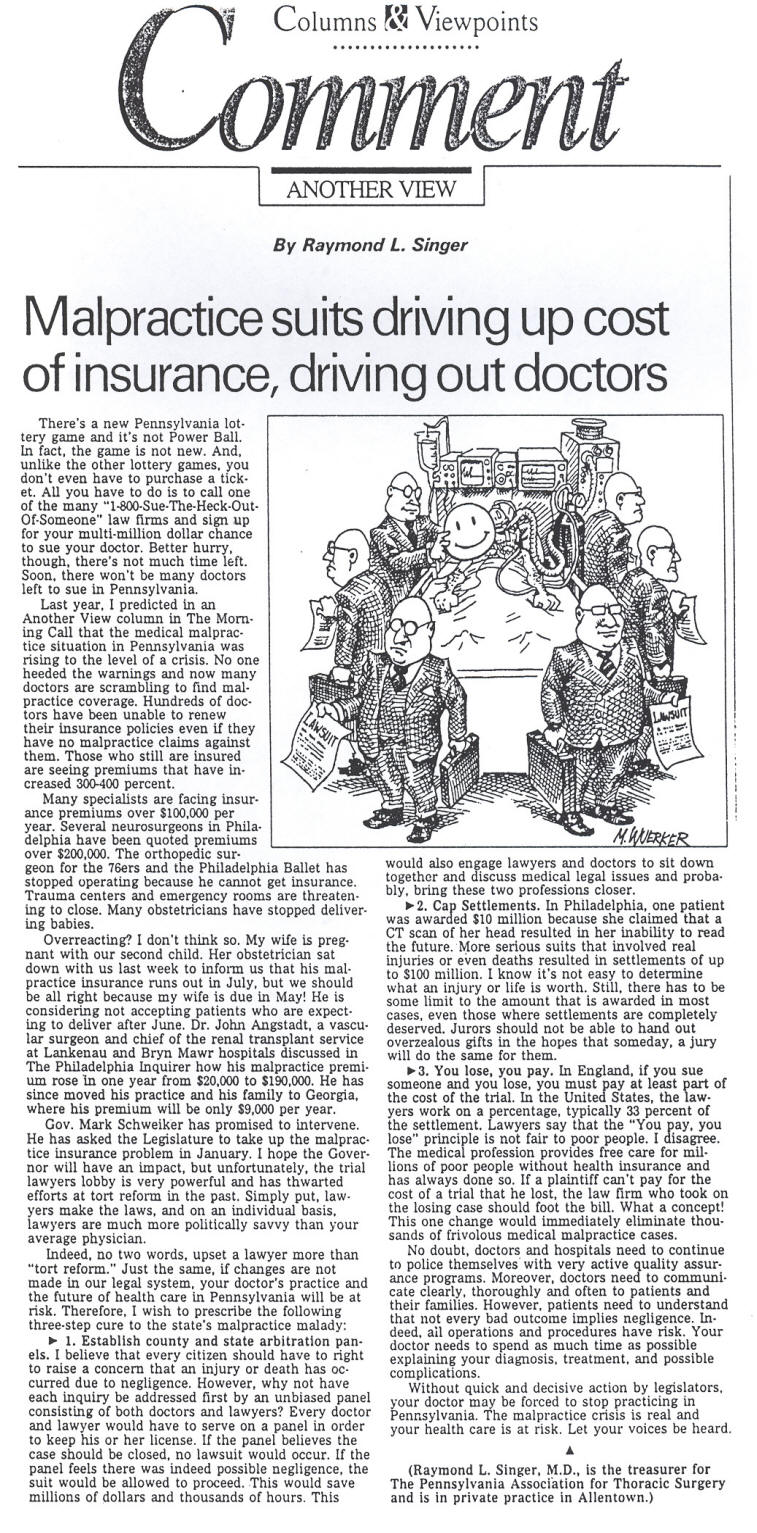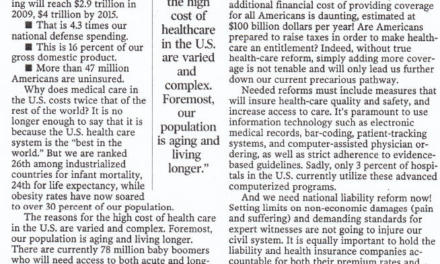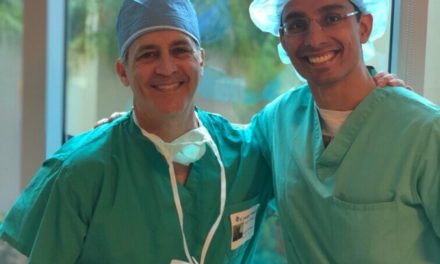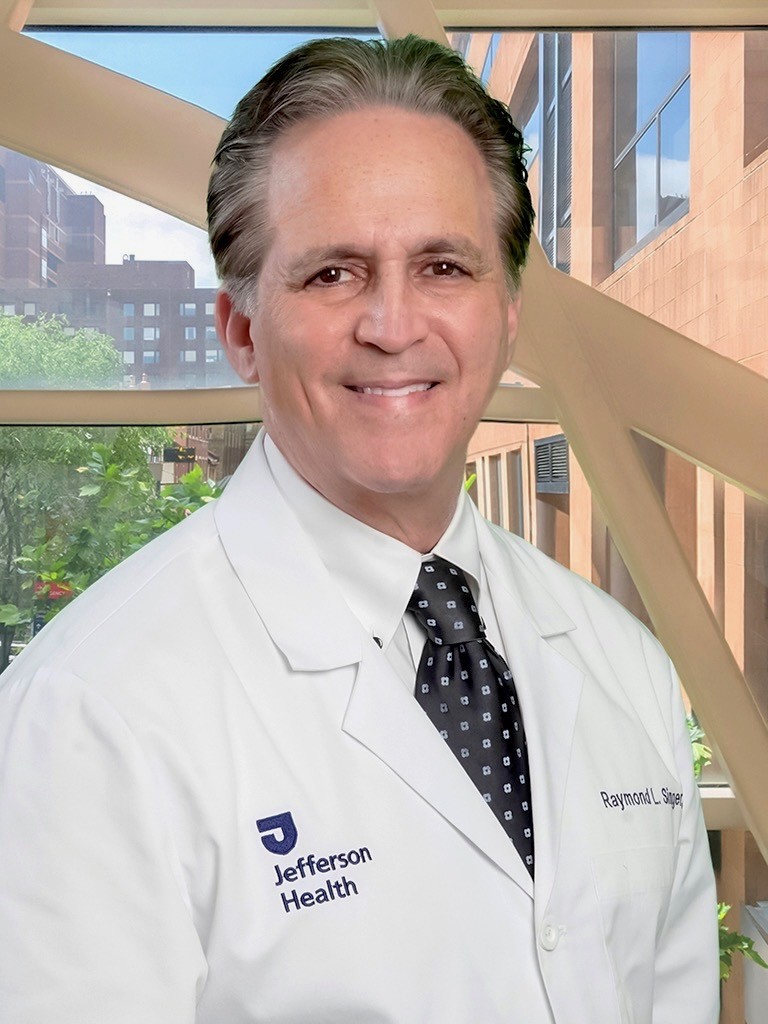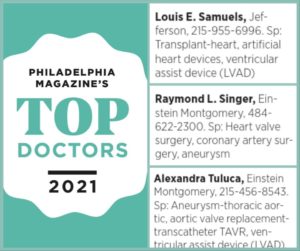The hot debates over Covid-19 are well known. Should people be required to wear masks? Should masks be worn just indoors, or also outdoors? Should businesses now be allowed to reopen? How about gyms? What should professional sports do about their seasons? How about theaters and concerts? And, of course, will our children be able to go back to school? If they do go back to school, will they be safe?
One thing is clear… In the midst of a highly contentious national election, consensus is going to be difficult. Since I can’t protect you from the political and economic challenges that abound, at least I can provide you with three simple steps that will significantly reduce your risk of getting Covid-19, as well as most other contagious diseases like the flu, rotavirus, and even the common cold. To do so, I will ask you to do something that I do every day –think like a surgeon!
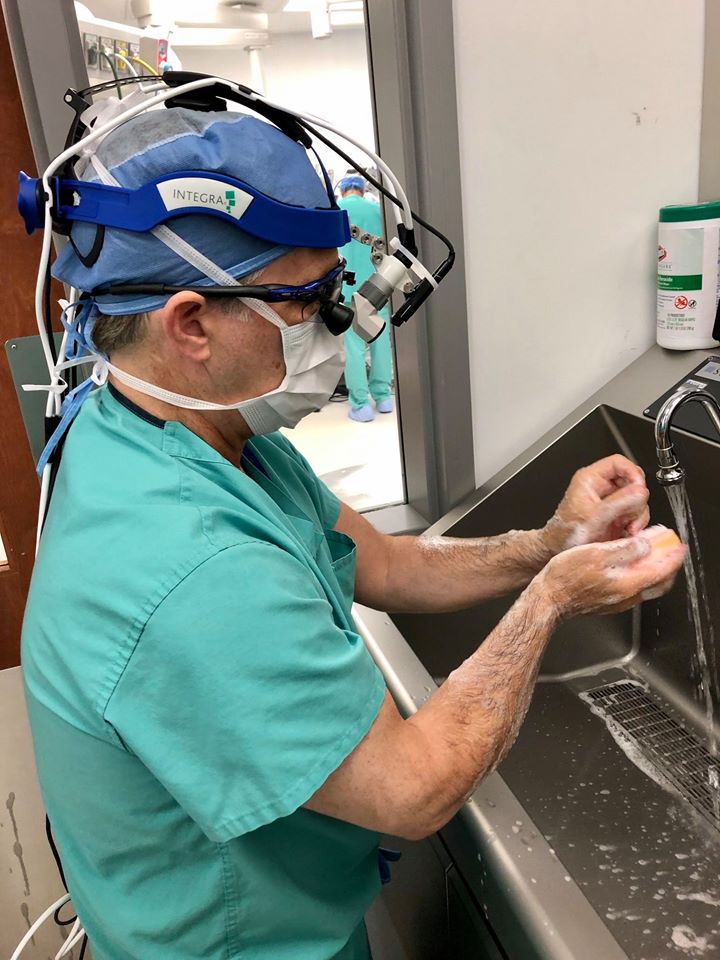
Step One: Wash Your Hands and Keep Surfaces Clean!
Before I perform open-heart surgery, I scrub my hands at the sink. The nurses prep and drape the patient, making sure the surgical field and instruments are sterile. Just as we keep ourselves and the patients safe in the operating room, you must do the same for yourself and your family. Wash your hands before and after you go shopping, go to a restaurant, or travel. Indeed, wash your hands as often as you can. I would recommend bringing sanitizing wipes to restaurants and to your workplace to wipe down tables, utensils, and glasses. At work, always wipe down your desk and keyboard, and never use the work phone until you’ve wiped it down as well. Keep your personal smartphones clean too.
Step Two: Don’t Touch Your Face!
Could you imagine surgeons scratching their noses in the middle of operations and then touching your wound? Conversely, why would surgeons want to risk rubbing their faces with the patient’s blood? Gross, right? So why would you ever consider touching your nose, mouth, or eyes, unless you have just thoroughly cleaned your hands? While this is difficult, especially for children, keeping your hands off your face will go a long way to keeping you safe.
Step Three: Wear a Mask and Wear it Correctly!
Again, think like a surgeon and realize that we wear masks in the operating room for a reason – because they work! But they only work when they’re worn correctly. To start, the masks should be made of quality materials and be either disposable or washable.
Second, cover your nose. If you have your nose out, you’re contaminating everything and everyone in your space and putting yourself at risk of acquiring the virus through its most common entry point, your nose.
Third, and most importantly, stop touching and moving your mask. Every time you move it to your neck and return it to your face, you’re contaminating your neck, the mask, and then your face again.
On this last point, a lot of people make fun of those of us who sometimes wear masks in our cars. Yet, this may be necessary in order to wear masks properly. For example, if you’re going to the store, you should put on your mask in your home with clean hands. Then you should not touch your mask until you return home and can dispose or clean it. If you must take it off, say at a restaurant, ideally, you should have a second clean mask available. If not, take your mask off by only touching the bands holding it around your ears, then place the mask with the outside of the mask down on a clean surface. Once you’re ready to put it back on your face, only touch the bands around your ears again, placing the clean side on your face.
As a surgeon, I follow these three steps every day. I wash my hands frequently, I never touch my face, and I always wear a mask. I’ve extended these practices to my everyday life during the Covid-19 pandemic because I know what saves lives in an operating room, can also save lives in our community.
Recent Posts
When is the Best Time to Exercise?
This video talks about the advantages of exercising in the morning. Morning workouts release endorphins and improve blood flow, helping you to feel more energized and mentally sharp throughout your day. There are fewer distractions in the morning and it makes it...
May is Mental Health Awareness Month
Let’s take this opportunity to reflect on something essential, yet often overlooked in professional environments: our mental well-being. In a world that values productivity and performance, it’s easy to forget that behind every deadline, meeting, or project is a human...
10 Jefferson Hospitals Earn an “A” Safety Grade
We are incredibly proud to announce that 10 Jefferson Health hospitals have received an "A" Hospital Safety Grade from The Leapfrog Group for Spring 2025. This recognition underscores our commitment to improve patient lives and prioritize their safety across our...
Patient Outcomes – May 1, 2025
Nothing can be more important than knowing the experience level of your surgeon. Generally speaking, the more you do something, the better you become! Since entering practice in 1992, I have performed over 8,215 major heart and lung operations and numerous minor...
Day #5 After CABG Surgery
With the patient’s permission, this video discusses the post-operative journey of an individual who underwent urgent/emergent conventional sternotomy, triple-vessel coronary artery bypass graft (CABG) surgery, after developing severe chest pain with ECG changes during...
Left Thoracotomy for Complex Mitral Valve Replacement
This is a unique case of a 64-year-old man who had a history of Hodgkins disease with mantle radiation to his chest. I had performed a surgical aortic valve replacement 10 years prior with a biological valve that is still working well. The patient now presented with...
Featured
Pages
- Learn about heart valves. Heart Valves
- Read testimonials. Testimonials
- Did you know I have a consulting firm? Singer Heart/Lung Consulting
- Check out my TedTalk! Defining Success
Links
- Links page with more information about your heart. Links
- Dr. Adam Pick's Site: heart-valve-surgery.com


